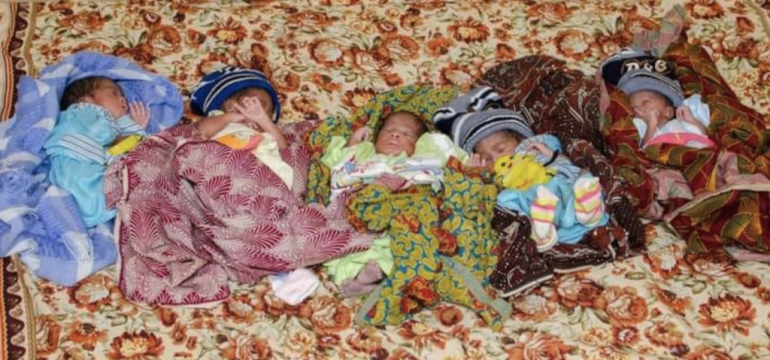Opinion
UNICEF, WHO advocate more funding to support breastfeeding policies
The United Nations Children (UNICEF), and the World Health Organisation (WHO) have called on governments at all levels to allocate increased resources to protect, promote and support breastfeeding policies and programmes, as it is more critical than ever.
The duo of UNICEF Executive Director Catherine Russell and WHO Director-General Dr. Tedros Adhanom Ghebreyesus, in a in a joint statement on the occasion of World Breastfeeding Week explained that as global crises continue to threaten the health and nutrition of millions of babies and children, the vital importance of breastfeeding in life cannot be overemphasized especially for the most vulnerable families living in emergency settings.
Citing example of emergencies situations such as those in Afghanistan, Yemen, Ukraine, the Horn of Africa, and the Sahel, UNICEF-WHO noted that breastfeeding guarantees a safe, nutritious and accessible food source for babies and young children. It also offers a powerful line of defense against disease and all forms of child malnutrition, including wasting.
In Nigeria, the Exclusive Breastfeeding rate is 29%, meaning that over 70% of infants in Nigeria are denied the aforementioned benefits of breast milk in their formative years. Only 9% of organizations have a workplace breastfeeding policy, indicating that mothers lack the enabling environment to optimally breastfeed their babies.
The results are high stunting rates of 37% of children Under-5, of which 21% are severe, and wasting among children under 5 years of age (7%). The continue to present severe consequences for the child.
The joint body explained that breastfeeding also acts as a baby’s first vaccine, protecting them from common childhood illnesses.
“Yet the emotional distress, physical exhaustion, lack of space and privacy, and poor sanitation experienced by mothers in emergency settings mean that many babies are missing out on the benefits of breastfeeding to help them survive.
“Fewer than half of all newborn babies are breastfed in the first hour of life, leaving them more vulnerable to disease and death. And only 44 per cent of infants are exclusively breastfed in the first six months of life, short of the World Health Assembly target of 50 per cent by 2025.
“Protecting, promoting, and supporting breastfeeding is more important than ever, not just for protecting our planet as the ultimate natural, sustainable, first food system, but also for the survival, growth, and development of millions of infants.
“That is why UNICEF and WHO are calling on governments, donors, civil society, and the private sector to step up efforts to:
Prioritize investing in breastfeeding support policies and programmes, especially in fragile and food insecure contexts.
Equip health and nutrition workers in facilities and communities with the skills they need to provide quality counselling and practical support to mothers to successfully breastfeed.
Protect caregivers and health care workers from the unethical marketing influence of the formula industry by fully adopting and implementing the International Code of Marketing of Breast Milk Substitutes, including in humanitarian settings.
Implement family-friendly policies that provide mothers with the time, space, and support they need to breastfeed.”
Contact: info@royalnews.com.ng


